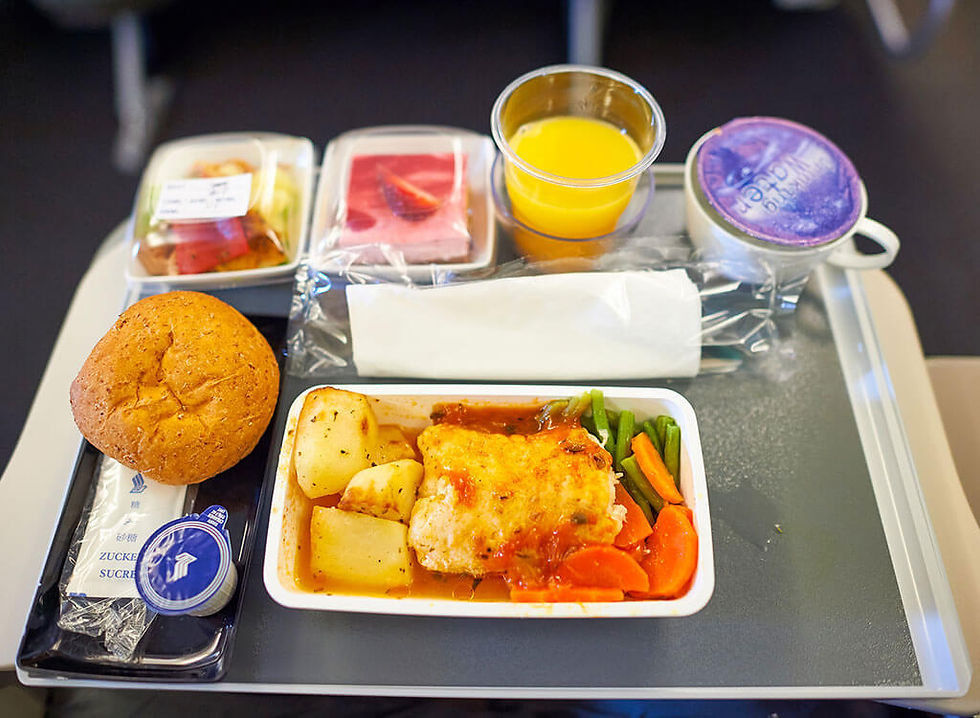
Your Product Benchmarking Services
- The Key To Greater Market
Food Contact Material Testing
Plastic materials have been widely used in our daily activities especially in the food industry, where plays an important role in transporting food product domestically and internationally. This has raised a concern on the packaging quality from health concern, whether the plastic materials will cause deterioration of the food quality or/and the food change the composition of the plastic material then migrate into the food.
Commision Regulation (EU) No 10/2011
BS EN 1186 - Materials and Articles in Contact with Foodstuffs - Plastics
Migration is the transfer of chemical substances from food contact material into food. For plastics materials, Commission Regulation (EU) No.10/2011 has established 2 types of migration limits.
Overall Migration
The Overall Migration Limit (OML) examines all substances that possible to transfer from food contact material into food. This approach also examines the inertness of food contact materials.
Specific Migration
A Specific Migration Limit (SML) examines the presence of particular substances that potential to migrate from food contact material into food.
Migration testing is often required to demonstrate compliance of a food contact material with the applicable legislation. It is also a powerful value-added tool to reduce business risk and deliver a quality product to consumers with confidence.
The result of OML and SML may vary depending on the testing condition, for example, simulant type used, sample exposure time and temperature.
The testing can apply to a vast product range but not limited to:
-
Water filter system e.g. filter housing
-
Food packaging including raw materials
-
Food processing equipment e.g. conveyor belts, gloves etc.
-
Kitchen/Cooking utensils







